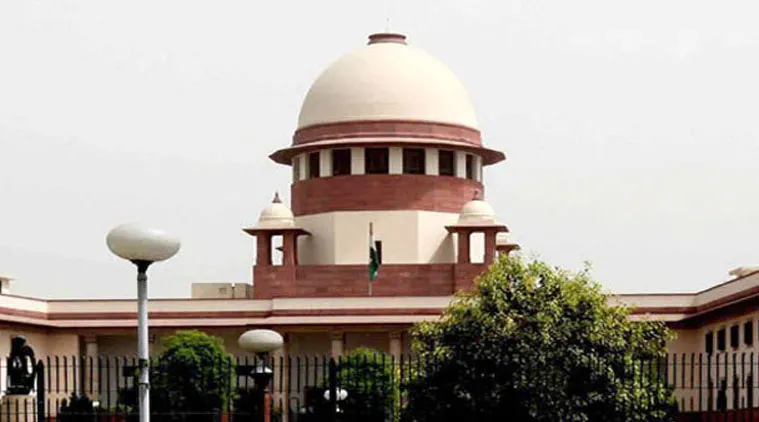Background and Case Details
The case concerned land acquisition processes under the Land Acquisition Act, 1894, a colonial-era legislation that governed the compulsory acquisition of land for public purposes and the determination of compensation to landowners. This Act was later replaced by the Right to Fair Compensation and Transparency in Land Acquisition, Rehabilitation and Resettlement Act, 2013 (LARR Act), which aimed to provide fair compensation to landowners and address issues related to the forced displacement of people.
In the present case, the Delhi government sought to acquire land for a public project. However, the acquisition process was challenged, and the matter had already been adjudicated by the High Court. The government, invoking the Supreme Court's landmark judgment in Indore Development Authority v. Manoharlal, argued that the acquisition should be reconsidered in light of the new legal precedents set by the Supreme Court. The Indore Development Authority case had clarified the conditions under which land acquisition proceedings could lapse, providing a more transparent framework for such processes.
The Principle of Res Judicata
Res judicata is a legal principle aimed at ensuring the finality of judicial decisions, preventing the same parties from litigating the same issue multiple times. It promotes judicial efficiency and upholds the sanctity of court judgments. However, the Supreme Court's ruling highlights that this principle is not absolute and must be balanced against broader considerations of justice, especially when public interest is involved.
Public Interest Considerations
The Supreme Court emphasized that in cases where public interest is at stake, the rigid application of res judicata could potentially hinder the administration of justice and the implementation of public welfare projects. Public interest, in this context, refers to the well-being of the community and the efficient functioning of the state in its duty to serve the public. The court recognized that certain legal principles must be interpreted flexibly to accommodate evolving societal needs and ensure that justice is not only done but seen to be done.
Flexible Approach to Legal Doctrines
This ruling represents a significant shift towards a more pragmatic and flexible approach in the interpretation of legal doctrines. The Supreme Court underscored that while legal certainty and the finality of judgments are crucial, these principles should not obstruct the pursuit of justice in situations where the public good is at risk. The court's decision allows for the reconsideration of earlier judicial decisions if subsequent changes in law or circumstances warrant such a review.
Impact on Land Acquisition Cases
The Supreme Court's decision has profound implications for land acquisition cases across India. By allowing the reconsideration of land acquisition decisions in light of new legal precedents, the court has paved the way for more transparent and fair processes. This is particularly significant given the historical context of land acquisition in India, which has often been marred by allegations of inadequate compensation, forced displacement, and legal ambiguities.
The ruling empowers state governments and public authorities to revisit past decisions that may have been rendered under outdated legal frameworks. It also provides a legal basis for affected landowners to seek a review of their cases if they believe that subsequent legal developments could alter the outcome in their favor.
Judicial Activism and Social Justice
This judgment can also be seen as an example of judicial activism, where the judiciary takes an active role in ensuring that laws and legal principles are applied in a manner that promotes social justice and the public good. By prioritizing public interest over strict adherence to procedural doctrines, the Supreme Court has reinforced its role as a guardian of constitutional values and human rights.
Conclusion
The Supreme Court's ruling that res judicata may not strictly apply when public interest is at stake marks a significant development in Indian jurisprudence. It reflects a nuanced understanding of the need to balance legal certainty with the demands of justice and public welfare. This decision will likely influence future judicial interpretations of legal principles, particularly in cases involving public interest and social justice.
By adopting a flexible approach, the court has ensured that legal doctrines evolve in line with societal changes and continue to serve the overarching goal of justice. This ruling not only impacts land acquisition cases but also sets a precedent for how courts might handle other legal issues where public interest and individual rights intersect. The judgment is a testament to the dynamic nature of law and the judiciary's commitment to adapting legal principles to serve the greater good.










0 Comments
Thank you for your response. It will help us to improve in the future.